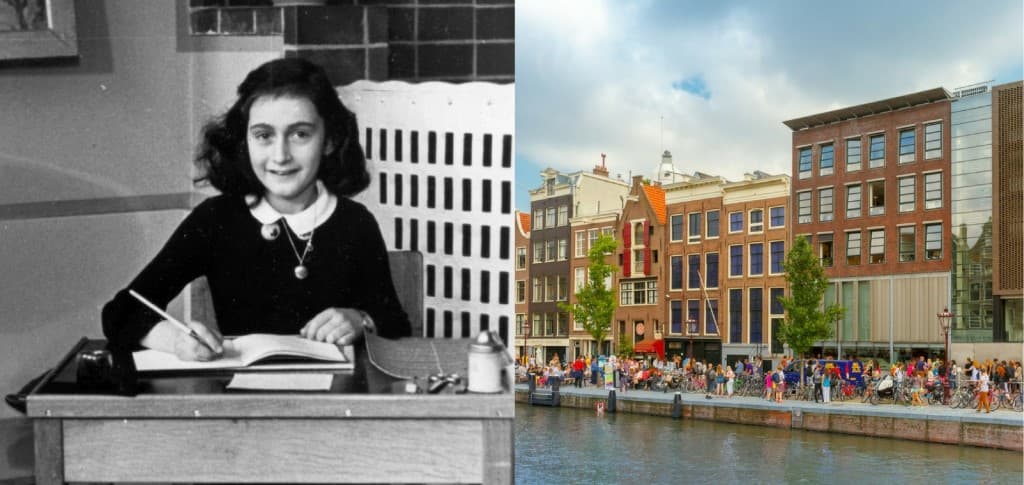The women of Europe have been shaping the history of the continent – and the world – long before their rights and contributions were properly recognised. Inspirational women who have led the fight for equality long before the #MeToo and Time’s Up movements started new shifts in society. From groundbreaking scientists to political revolutionaries, we’ve brought together a selection of heroic and inspiring European women.
Joan of Arc
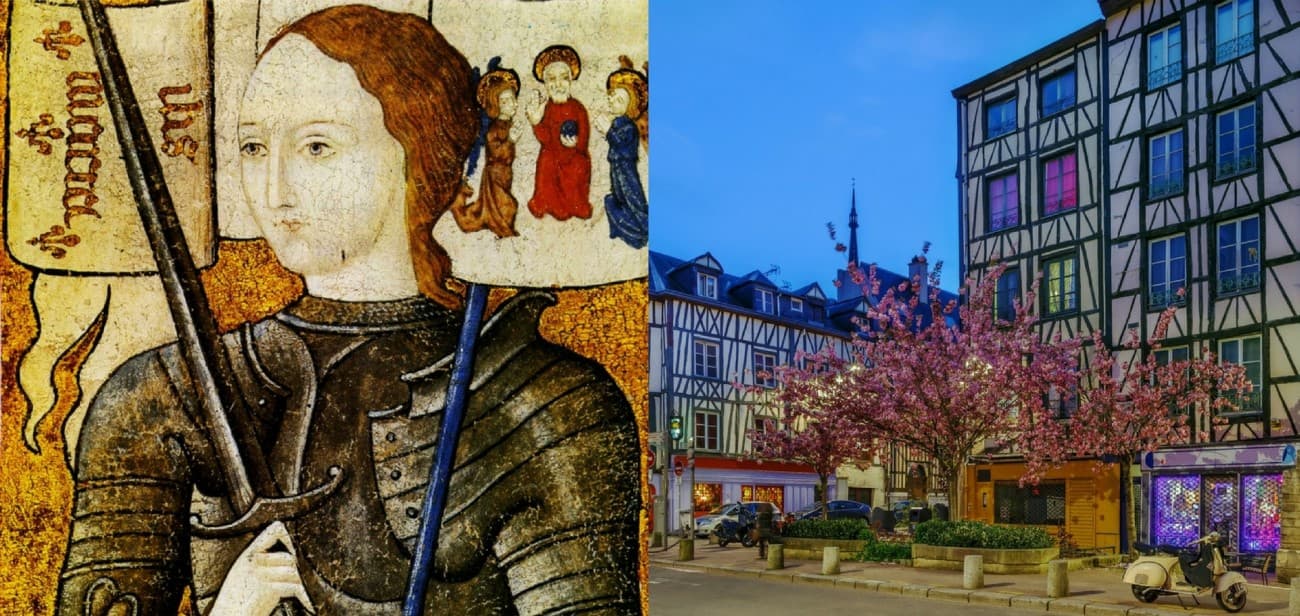
Few historical figures have the mythical aura of Joan of Arc. Born a peasant girl around 1412, Joan of Arc believed that she heard the voice of God telling her to lead the French army against the English in the Hundred Years’ War.
Despite having no military training, Joan of Arc overcame enormous barriers and derision from the men around her and inspired the French army to drive off English forces in Orleans. Eventually she was captured by the Burgundians, allies of the English, and Joan of Arc was brought to trial for charges of witchcraft, and finally burned at the stake in Rouen. The tower within Rouen Castle where she was held is long gone, but the tour Jeanne d’Arc, the old keep, still contains the rooms where she was threatened and tortured.
Her fame wasn’t diminished by the flames, and she was revered as a martyr and one of France’s greatest heroines. She was even made a saint in 1920. Today, Rouen is home to a museum dedicated to her life, with state-of-the-art exhibitions and displays to immerse you in the story of one of history’s most courageous women.
Marie Curie
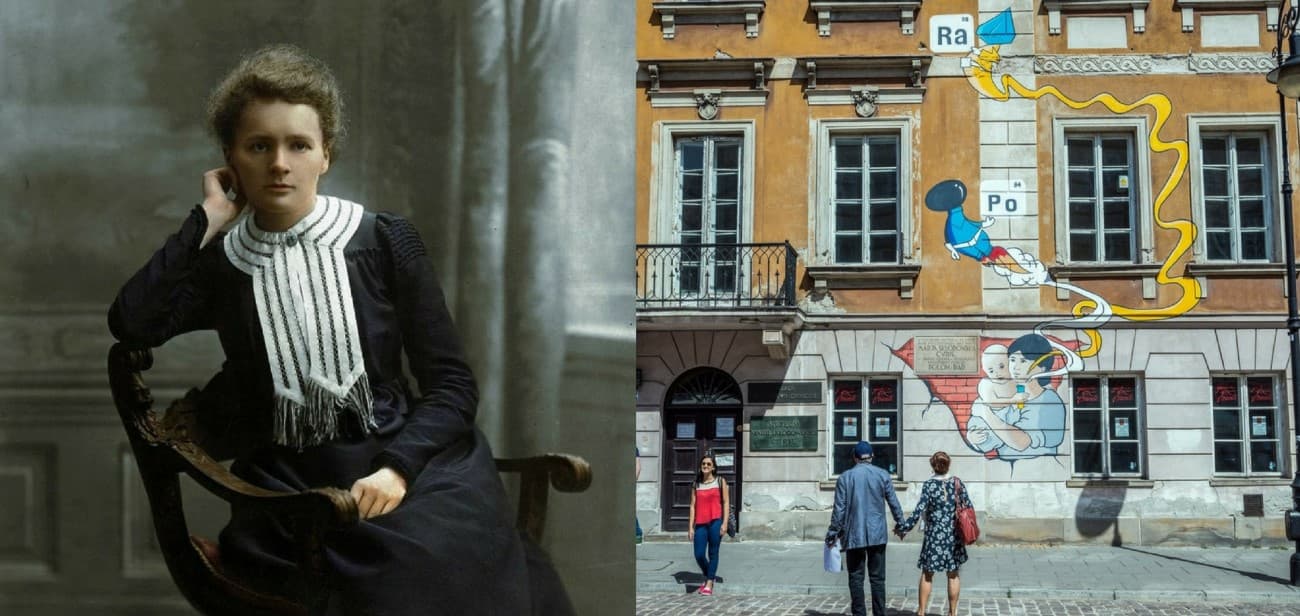
Born in Warsaw in 1867, Marie Curie endures as one of science’s most famous pioneers.
Her work on radioactivity was critical in the development of x-ray technology, and despite the opposition of many male scientists, Marie Curie become the first woman to be awarded a Nobel Prize in 1903, thanks to her discovery of a new element, polonium. She also drove ambulances to the front lines in WW1, fitted with x-ray equipment of her own design, and held training courses for medical staff to learn the new radiology techniques.
Despite all this, she faced fierce opposition and rejection from male scientists her whole life, though she and her work went on to inspire many scientists, male and female, including her eldest daughter Irene who also won a Nobel prize in chemistry.
The Marie Curie Museum in Warsaw gives visitors a fascinating look at her birthplace, as well as a recreation of her laboratory where she made so many groundbreaking discoveries that shaped the modern world. You can also see her tomb in Paris’s Pantheon, the first woman to be interred in France’s national mausoleum for her own achievements.
Coco Chanel
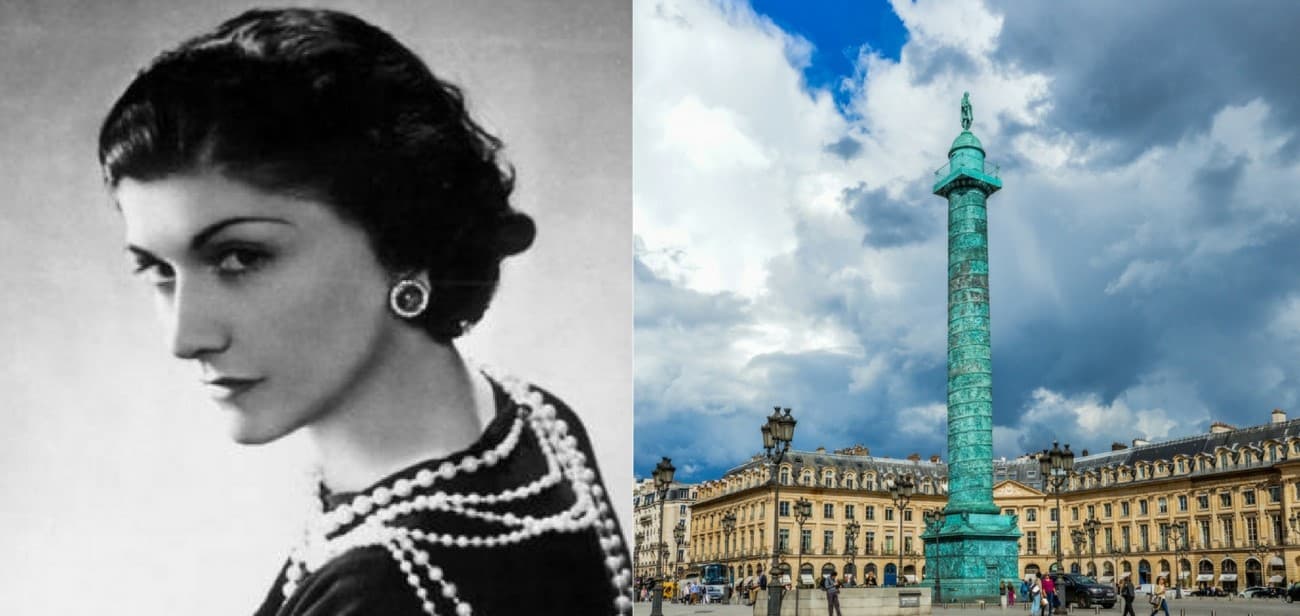
Coco Chanel is probably the most famous name in the history of fashion, with iconic creations like the Chanel jacket and the little black dress. She personally led a revolution in fashion and femininity at a time when women were still constricted by corsets and fussy clothes, creating a more liberated, comfortable and chic style that still resonates and influences today. Despite some unsavoury connections and personal beliefs she held, particularly during WW2, her mark on society and fashion is unquestionable.
Not only was Coco Chanel a groundbreaking fashion designer, her business acumen also continues to inspire and make her a role model for many women within the fashion industry, something that was, and still is, largely dominated by men.
You can follow in Chanel’s footsteps by taking a stroll around Paris, including the site of her original Chanel boutique on Rue Cambon, and the Ritz Hotel on Place Vendome where she lived in the 1940s.
Anne Frank
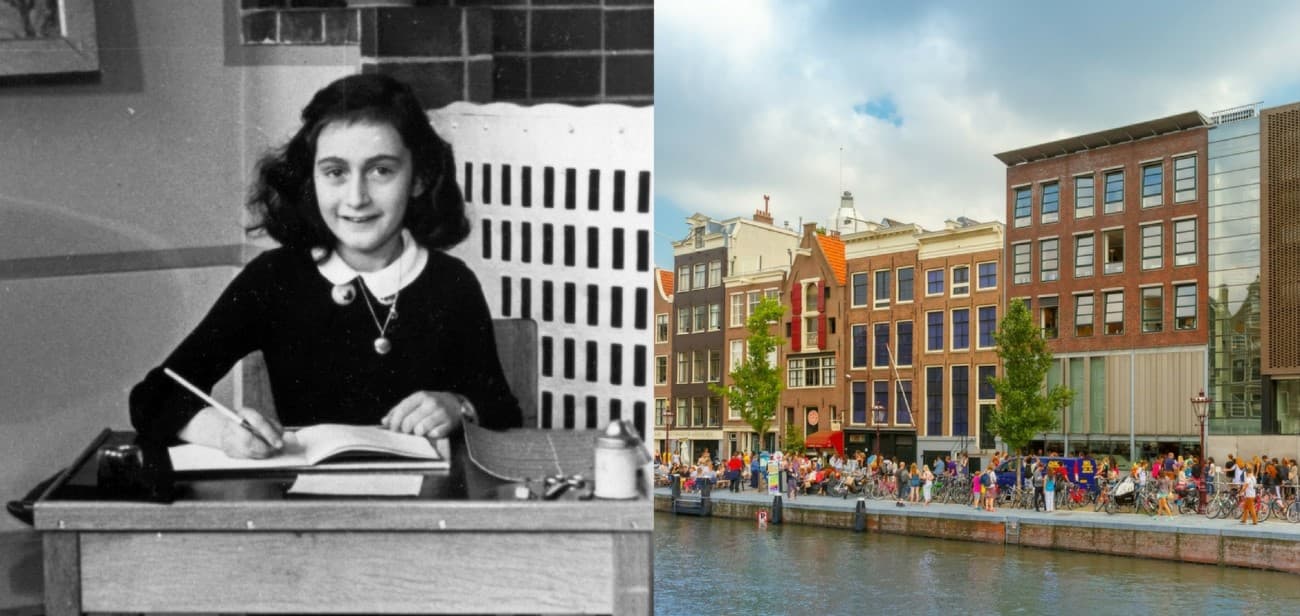
’The Diary of a Young Girl’, is one of the world’s most famous books, moving millions with Anne Frank’s poignant record of a life in hiding.
Born in Germany in 1929, Anne Frank was just 13 when her family had to go into hiding in Amsterdam when German forces occupied the Dutch capital in WWII. Her diary forms one of the most candid records of Nazi persecution in Europe, and is remarkable for its depth of feeling and moments of humour as Anne comments on events and everyday life lived in silence behind a secret door.
Visiting the Anne Frank House in Amsterdam gives you a glimpse of this life, as well as a fascinating and moving look into the lives of those persecuted in WWI. Anne herself has become one of the most important people of the 20th century, and a symbol of defiance against oppression and fascism.
Margrethe Vestager
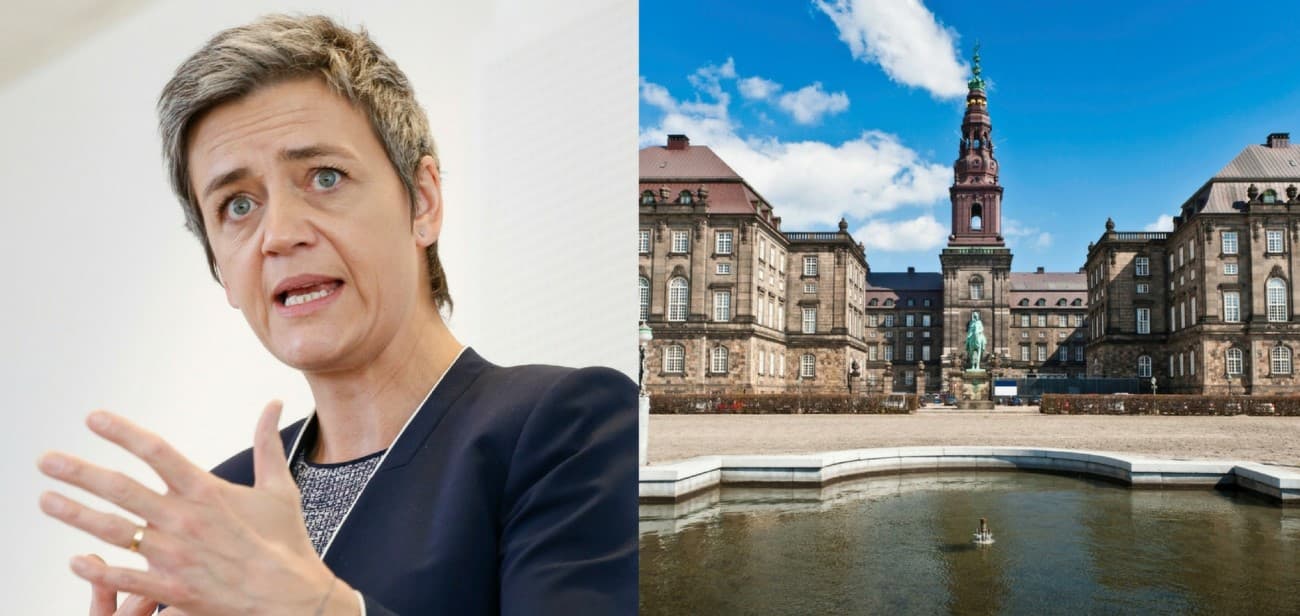
Women have to fight twice as hard to get their voices heard in the male-dominated political realm, but the Danish politician, Margrethe Vestager, has shown little trouble in taking on some of the biggest corporations in the world.
As the EU Commissioner for Competition, Margrethe Vestager has become one of the most feared figures for influential brands like Google, Apple and Facebook, as she holds them and others to account for various violations within the EU.
She also made a big difference to Denmark’s economy when she was a minister, helping to drag it out of crisis and improve employment opportunities. Pay a visit to the Danish Parliament in Copenhagen to see where the winner of the ‘Woman in Power’ award managed to take her first steps in politics and began making huge waves in Europe.
Lise Meitner
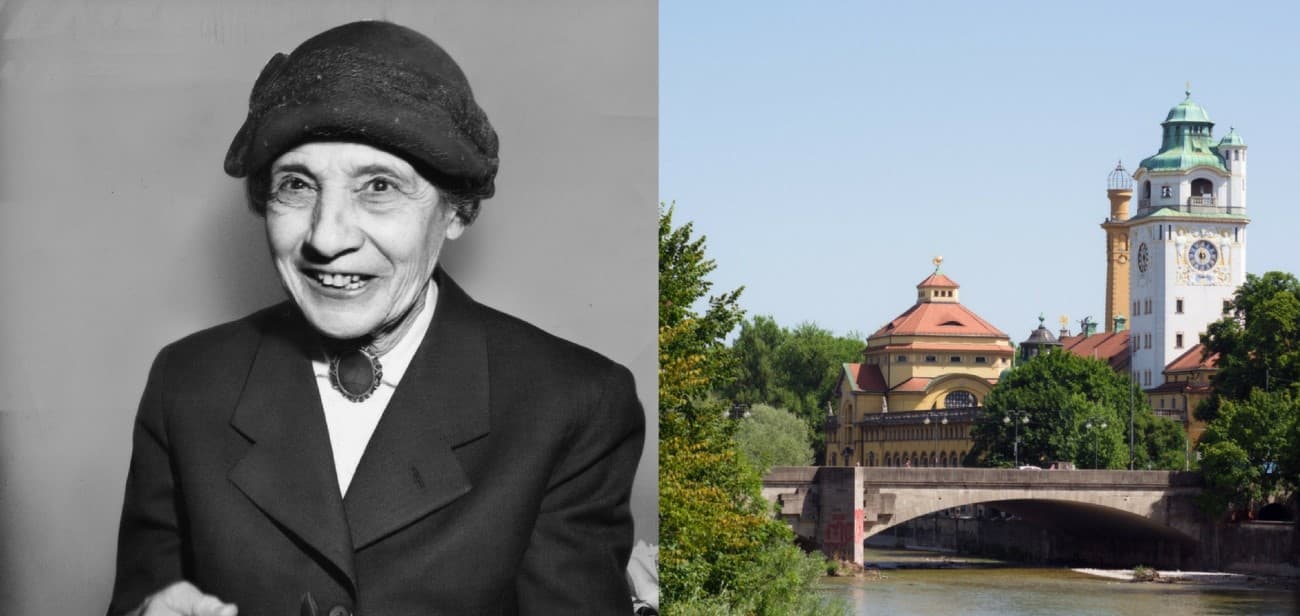
Lise Meitner was one of science’s brightest stars, leading the team that first discovered nuclear fission, the process that led to nuclear energy. Despite this world-changing discovery, she was excluded from the Nobel prize that was awarded to her male colleagues.
Born in Vienna in 1878, Lise Meitner became a leading nuclear physicist despite the strict rules that kept girls from entering higher education. Although her work on nuclear fission with Otto Hahn also led to the military applications, she refused to ever work on the atomic bomb.
Whilst Meitner’s efforts were shunned by the Nobel committee, you can visit the Deutsches Museum in Munich today and see the working table where Meitner made her world-changing discoveries, and learn about the life of this remarkable woman.
Rosa Luxemburg
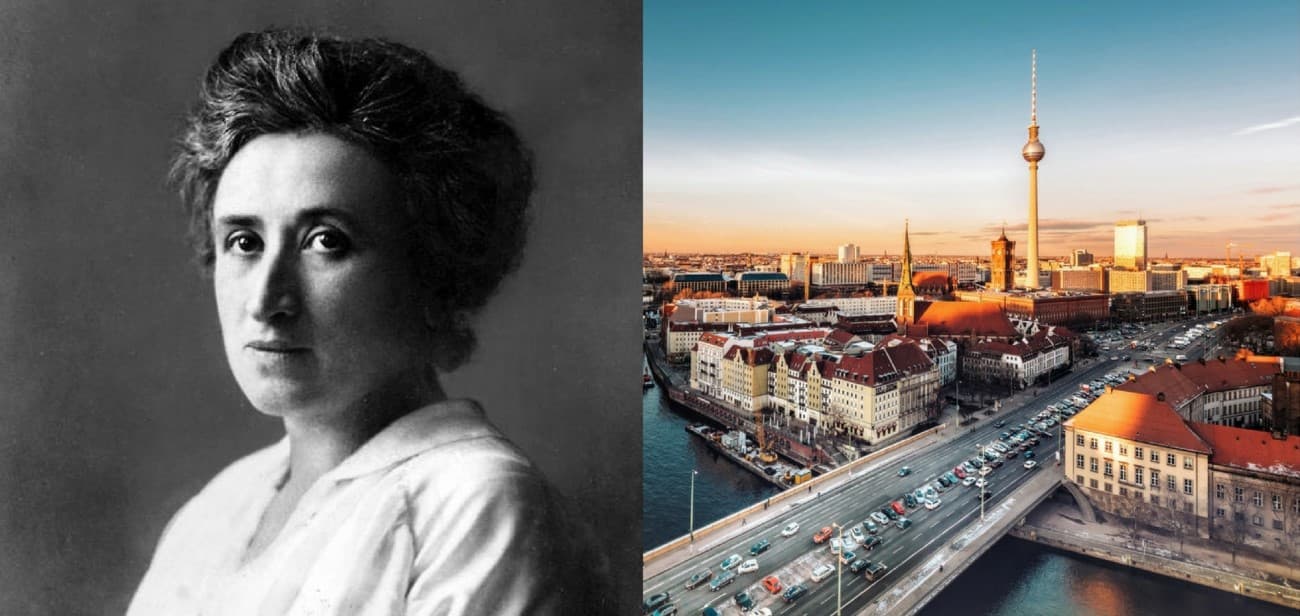
Rosa Luxemburg is an icon of the political left who spent her life campaigning and fighting for equality and socialist revolution, as well as being vocally anti-war. Her efforts continue to make her one of history’s most celebrated female political figures.
From her humble origins in 19th century Poland, Rosa Luxemburg quickly became an integral part of the revolutionary struggles in Germany, developing her own influential political theories. Her desire for democracy and international socialism still inspire many supporters today.
Whilst Luxemburg was brutally murdered by paramilitary troops, her legacy lives on through the Rosa Luxemburg monument in Berlin’s Tiergarten, marking the spot where her body was unceremoniously thrown in the canal.
Aletta Jacobs
This pioneering Dutch woman lived a life that was filled with many notable firsts. From being the first woman to officially attend a Dutch university, to becoming the first female physician in the Netherlands, it seems that Aletta Jacobs was never going to let gender get in the way of her ambition.
Whether it was setting up the world’s first birth control clinic, or her pioneering efforts in women’s suffrage, Aletta Jacobs always fought to improve the lives of women, particularly those from disadvantaged backgrounds.
Whilst Aletta Jacobs faced plenty of opposition, today she’s viewed as one of the most important figures in Dutch history. You can visit Gronignen and see the statue commemorating her life’s work, as well as a specially decorated room dedicated to her in the university.
Fanny Blankers-Koen
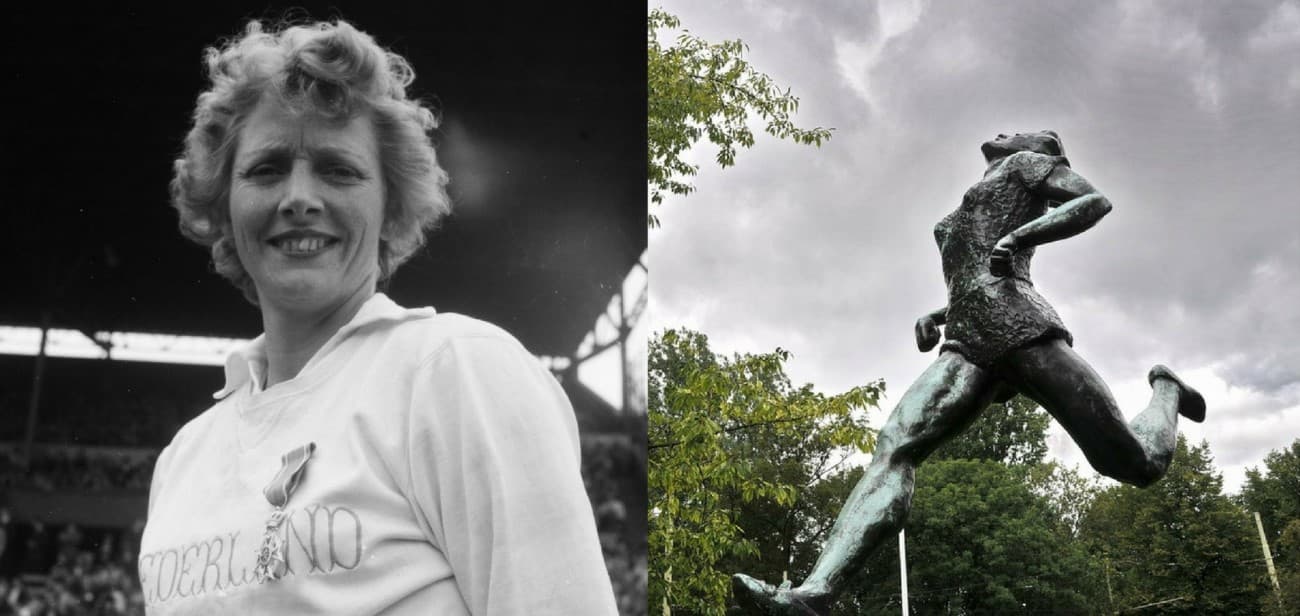
Women’s athletics owes a lot to the pioneering achievements of Fanny Blankers-Koen. Despite being given the somewhat patronising nickname ‘The Flying Housewife’, the 30-year-old mother of two managed to win no less than four gold medals at the 1948 Summer Olympics in London, the most decorated athlete of the games.
What’s remarkable about Fanny Blankers-Koen’s achievements was the fact that she succeeded in athletics’ fields as far ranging as long jump, high jump, sprint and hurdling, at a time when women were almost entirely overlooked in the world of athletics.
Today the Dutch athlete’s incredible achievements are celebrated through apt tributes such as the Fanny Blankers-Koen Stadion in Hengelo and the impressive sprinting statue in Rotterdam.
Louise Michel
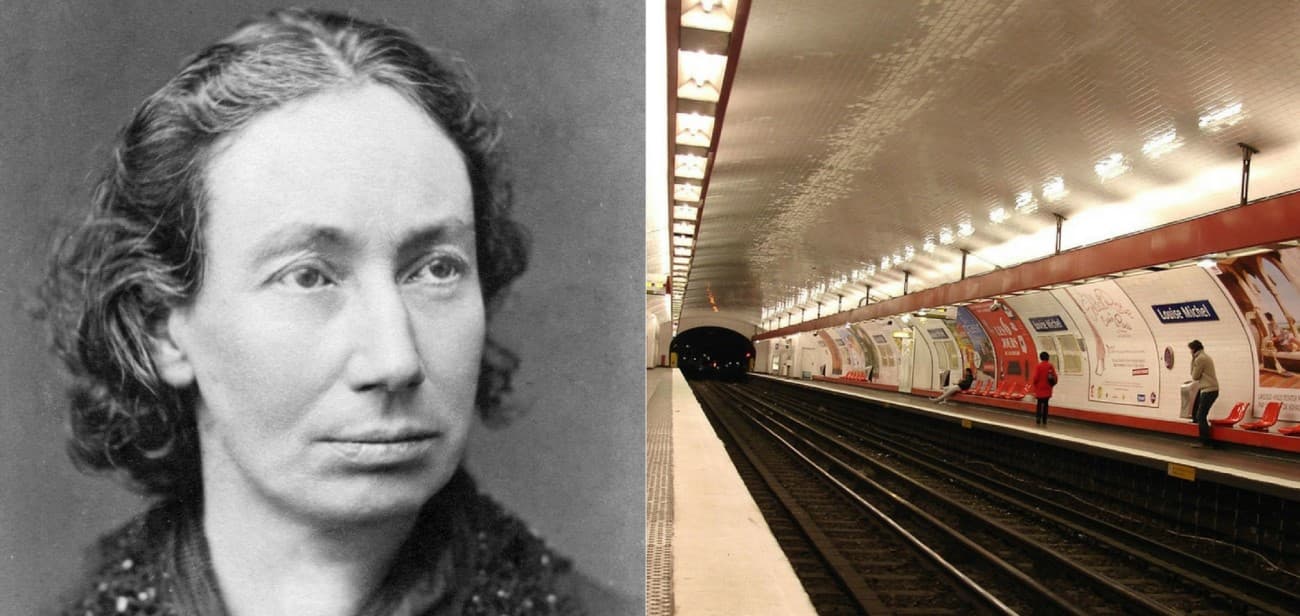
Louise Michel was an important figure in the Paris Commune, the radical revolutionary government that ruled France after the overthrow of Napoleon III, but she also had a huge role to play in the fight for women’s rights.
Born in eastern France in 1830, Louise Michel quickly become involved in works of charity and revolutionary politics. Alongside her efforts to improve girls’ education, Louise Michel continued to trouble the French authorities in her unwavering commitment to the anarchist cause.
Whether it’s her flower-festooned grave in the Levallois-Perret cemetery, or the Louise Michel metro station, it’s clear that Louise Michel’s influence can still be felt all over Paris to this day.
If you’d like to explore the places where these amazing women lived and worked and find out more about their lives, DFDS offer fast ferries to France as well as ferries to Holland so you can follow in their footsteps.

